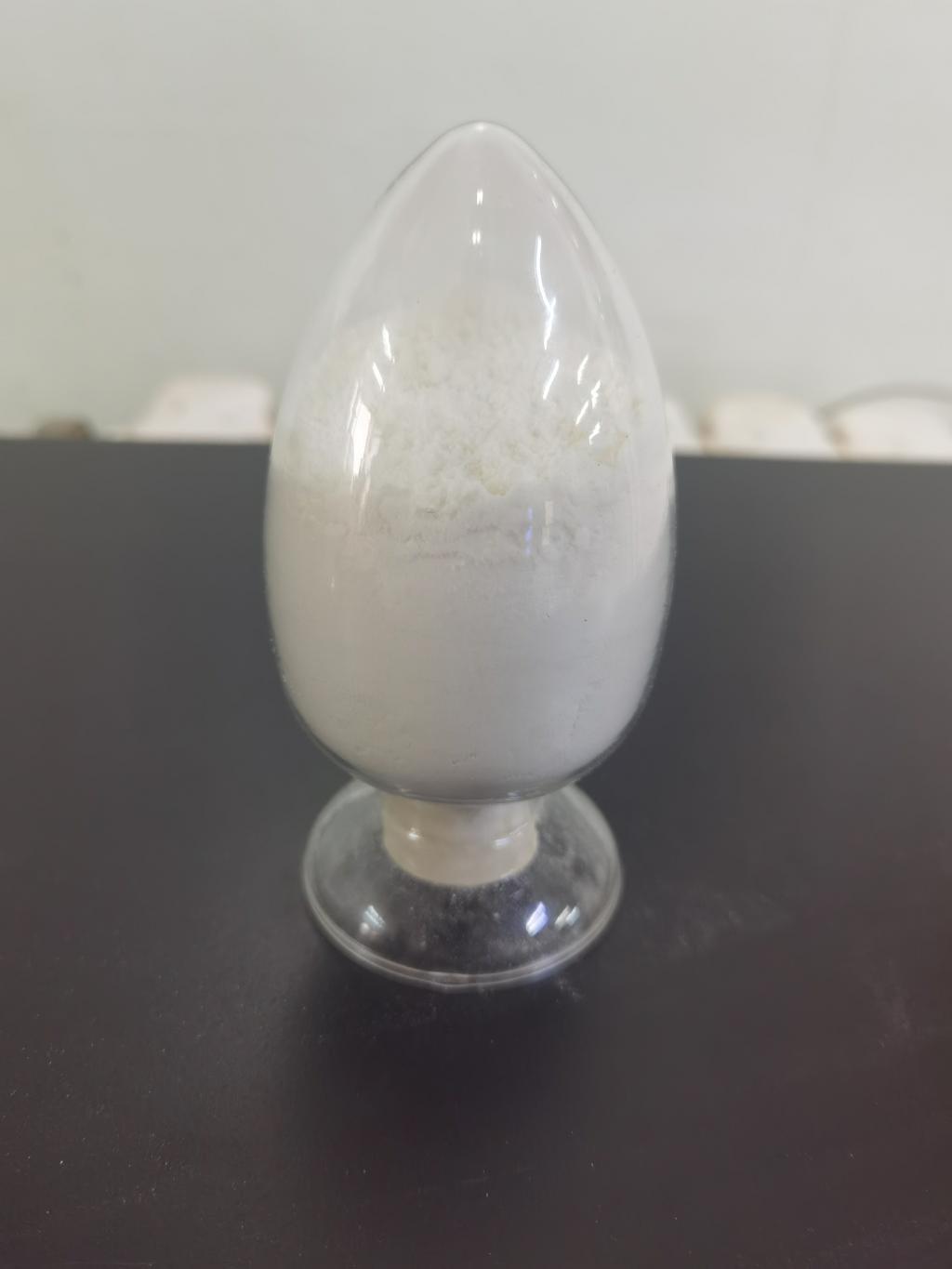Tel:0086 18231198596

News
ε-Polylysine hydrochloride is derived from natural sources, making it appealing to consumers.
TIME:2024-03-25
Origins and Characteristics of ε-Polylysine Hydrochloride
Derived from natural fermentation processes involving bacteria such as Streptomyces albulus, ε-Polylysine hydrochloride embodies the essence of natural ingredients. Its linear structure, composed of L-lysine residues linked by ε-amino bonds, imparts a positive charge to the polymer. This unique structure underpins its antimicrobial activity, enabling it to interact with microbial cell membranes and disrupt their integrity, thereby inhibiting microbial growth.
Sustainability and Environmental Benefits
The natural origin of ε-Polylysine hydrochloride contributes to its sustainability credentials. Unlike synthetic antimicrobial agents derived from petrochemicals, ε-Polylysine hydrochloride is produced through microbial fermentation, a process that relies on renewable resources and generates minimal environmental impact. Additionally, ε-Polylysine hydrochloride's effectiveness in extending the shelf life of food products helps reduce food waste, further enhancing its sustainability profile.
Consumer Preferences for Natural Ingredients
In today's marketplace, consumers are increasingly drawn to products formulated with natural ingredients. The demand for clean label products, free from artificial additives and preservatives, reflects a growing awareness of the health and environmental benefits associated with natural ingredients. As a naturally derived antimicrobial agent, ε-Polylysine hydrochloride resonates with consumer preferences for clean, transparent, and sustainable products, enhancing its appeal in various industries.
Applications Across Industries
ε-Polylysine hydrochloride finds applications across a wide range of industries, including food, pharmaceuticals, cosmetics, and personal care products. In the food industry, it serves as a preservative to inhibit the growth of spoilage organisms and foodborne pathogens, thereby extending the shelf life of food products without compromising safety or quality. Similarly, in pharmaceuticals and cosmetics, ε-Polylysine hydrochloride's antimicrobial properties help prevent microbial contamination and ensure product stability and safety.
Regulatory Status and Safety Assurance
Regulatory agencies such as the U.S. Food and Drug Administration (FDA) and the European Food Safety Authority (EFSA) have evaluated the safety of ε-Polylysine hydrochloride and granted it regulatory approval for use in various applications. Its Generally Recognized as Safe (GRAS) status in the food industry underscores its safety profile and suitability for human consumption. Additionally, ε-Polylysine hydrochloride's natural origin provides further assurance of its safety and compatibility with consumer preferences.
Market Trends and Future Prospects
The natural appeal of ε-Polylysine hydrochloride aligns with prevailing market trends favoring clean label products and sustainable ingredients. As consumer awareness of health, sustainability, and environmental responsibility continues to grow, demand for natural antimicrobial solutions like ε-Polylysine hydrochloride is expected to rise. Moreover, advancements in biotechnology and fermentation processes may further enhance the production efficiency and sustainability of ε-Polylysine hydrochloride, positioning it as a key ingredient in the development of safe, sustainable, and consumer-friendly products.
Conclusion: ε-Polylysine Hydrochloride as a Natural Antimicrobial Solution
In conclusion, ε-Polylysine hydrochloride embodies the natural appeal sought by consumers in today's marketplace. Its natural origin, sustainability credentials, and effectiveness as an antimicrobial agent make it a preferred choice for food, pharmaceutical, cosmetic, and personal care product formulations. As consumer preferences continue to evolve towards natural and sustainable products, ε-Polylysine hydrochloride is poised to play a central role in meeting the demand for safe, effective, and environmentally friendly antimicrobial solutions.

 CONTACT
CONTACT




